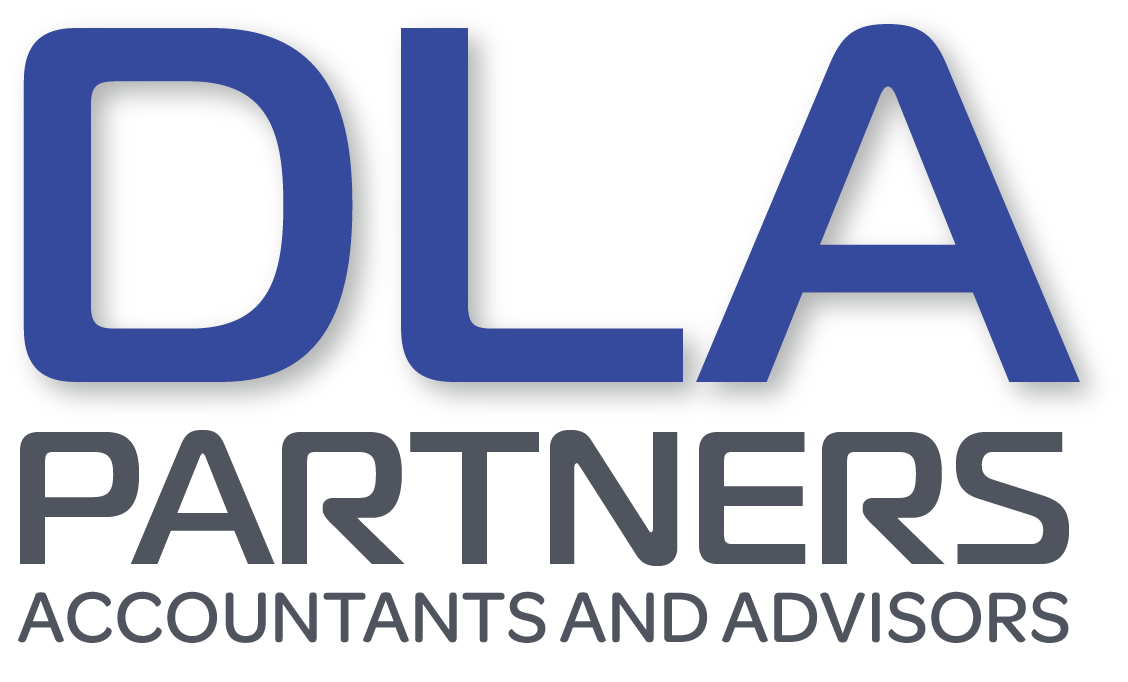by David Buchanan, Director
My first article in this series drew attention to the fact that accountants must now be licensed to be able to provide advice about superannuation and SMSF. I also highlighted a second, and equally important, matter of the formal documentation required for the delivery of that advice, and how extra time both on our part and yours is needed to be legally compliant.
As time is of the essence, I particularly want you to be aware that you will need to attend to formalising advice documentation while also being mindful of a rapidly closing window of opportunity that relates to your super contribution caps.
The changes to legislation and superannuation contribution rules have many people feeling stuck between a rock and a hard place. On the one hand, you know that time is running out to take advantage of the current contribution caps which change on July 1 2017 while on the other, you need to make time to formalise the documentation required to receive the super/SMSF advice you need.
It’s for these reasons that I say ‘time is of the essence’ and urge you to contact the team at DLA Partners and DLA Private Wealth.
Here’s a summary of changes to super contribution caps.
Non-concessional contributions cap
Non-concessional contributions (NCCs) are contributions made to super from after tax monies that do not generate a tax deduction upon payment.
A reduction in the current non-concessional cap from $180,000 pa to $100,000 pa came into effect on 1 July 2017.
If you are under 65, you may wish to utilise the bring-forward rule to contribute up to $300,000 before the end of June 2018 (if not triggered in a previous financial year).
If you are between 65 and 74 years of age you will be eligible to make non-concessional contributions of $100,000 pa but only if you meet the work test. However, you will not be able to access the bring-forward provision.
Transitional arrangements will apply in the event that a non-concessional bring-forward contribution was triggered but not fully used before 1 July 2017. The remaining bring-forward amount is re-assessed on 1 July 2017 in consideration of the new annual caps.
For individuals with a super balance of more than $1.6 million at 1 July 2017, they will no longer be eligible to make non‑concessional contributions.
There are also further restrictions to the bring-forward rule for those whose balances are close to the $1.6 million limit. These issues need careful case-by-case consideration.
Concessional contributions cap
Concessional contributions include employer Superannuation Guarantee (SG) contributions and salary sacrifice contributions as well as tax deductible contributions (in some cases).
The concessional contributions cap was reduced to $25,000 pa from 1 July 2017 for all individuals regardless of your age.
Prior to 1 July 2017, an individual could only claim a tax deduction where certain conditions were met – specifically is less than 10% of their income was from salary and wages.
From 1 July 2017, the eligibility rules to claim a personal super contribution on an individual’s income tax return have changed as you are no longer subject to the 10% earnings condition.
This means that most people aged under 75 years old can claim a tax deduction for personal super contributions (including those aged 65 to 74 who meet the work test).
For the 2019 financial year onwards, the government has also introduced the ability for an individual to carry forward any unused concessional contributions cap amounts for a maximum of five years. This only applies to individuals who have a total superannuation balance of less than $500,000 at the end of 30 June 2018.
Why you need to act now rather than later
If you act now:
- you will have time to implement the necessary advice delivery documentation to receive the advice you need
- you have time to make tax-effective contributions to super prior to June 30;
- you will also be able to ensure that your super strategy is within the new cap limits moving forward (to avoid penalties);
- you will have time to consider and implement a more appropriate super strategy if necessary;
- you can also find out how to use moneys that you will no longer be able to contribute to super, but still want to use to create wealth for your retirement; and
- you can aim to have super and other wealth accumulation strategies in place that are flexible, meet your current and future needs and, ultimately, allow you to enjoy the retirement lifestyle you desire.
As we have noted in previous articles all four directors of DLA Partners have completed RG146 accreditation in relation to SMSFs, providing the necessary formal qualification required by the new laws as well as maintaining a limited licence as a sub-authorised representative of GPS Wealth (Sub-authorised Rep Number 1242985).
Additionally, we have recently established a new business, DLA Private Wealth, which is licensed under GPS Wealth (Corporate Authorised Rep Number 001251934). DLA Private Wealth is available to clients who value seamless integration of their business and personal financial planning, taxation and accounting matters.
If you have any questions about the new advice delivery process or the super contributions cap changes, or to review your super / SMSF strategies, please contact DLA Partners on (07) 3863 9444 or by emailing clientservices@dlapartners.com.au
General Advice Warning
The information provided is general advice only. We have not considered your financial circumstances, needs or objectives and you should seek the assistance of your GPS Wealth Ltd adviser before you make any decision regarding any products mentioned in this communication. Whilst all care has been taken in the preparation of this material, no warranty is given in respect of the information provided and accordingly neither GPS, nor its related entities, employees or agents shall be liable on any ground whatsoever with respect to decisions or actions taken as a result of you acting upon such information.
